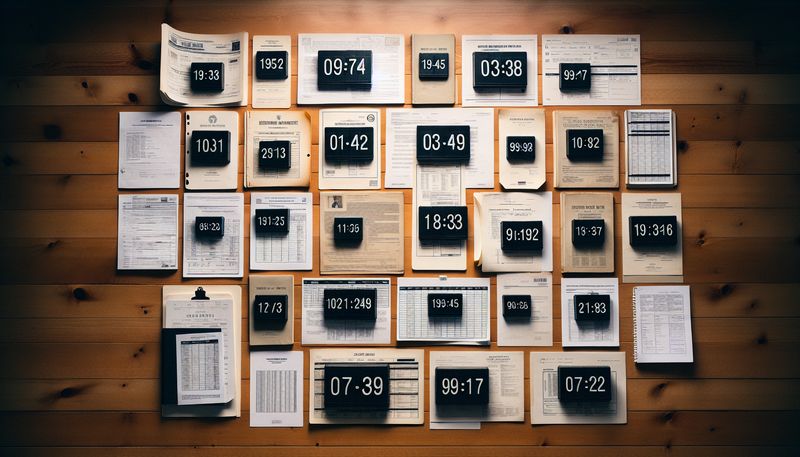Digital Timestamps: The Future of Document Sharing
21 April 24
Imagine a world where you could share your ideas and documents without having to worry about intellectual property theft. A world where you could authenticate the integrity of your data in a matter of seconds. This is the world that Digital Time Stamps is creating through its revolutionary document sharing technology.
With Digital Time Stamps, you can store an encrypted fingerprint of your work on the blockchain, which serves as definitive proof of your intellectual property at a specific point in time. This is more than just a simple timestamp; it's a notarization of your idea, a testament to the fact that you were the originator of the work. This can be invaluable for copyright protection, offering a streamlined alternative to the often lengthy and costly legal avenues typically associated with intellectual property protection.
But how does it work? Digital Time Stamps creates unique digital signatures that protect against file tampering and serve as proof that a file's contents are identical to the original version. The process is quick and efficient, with a list of processed files, their timestamp proofs, and transaction history readily available. Plus, the verification process is free and doesn't require an account, making it accessible to all.
What sets Digital Time Stamps apart is its utilization of the Bitcoin blockchain. This decentralized and publicly auditable system makes the service both cost-effective and trustworthy, with each file costing just $2.50. The timestamping process is near-instantaneous, meaning there's no need to wait for Bitcoin confirmations.
The applications for this service are wide-ranging. Whether it's document sharing, securing file integrity, or ensuring video integrity, Digital Time Stamps offers a solution that is both efficient and effective.
In conclusion, Digital Time Stamps is revolutionizing the way we share and protect our ideas and documents. It offers an affordable, efficient, and reliable way to prove ownership and integrity of your work, and in doing so, is shaping the future of document sharing.

